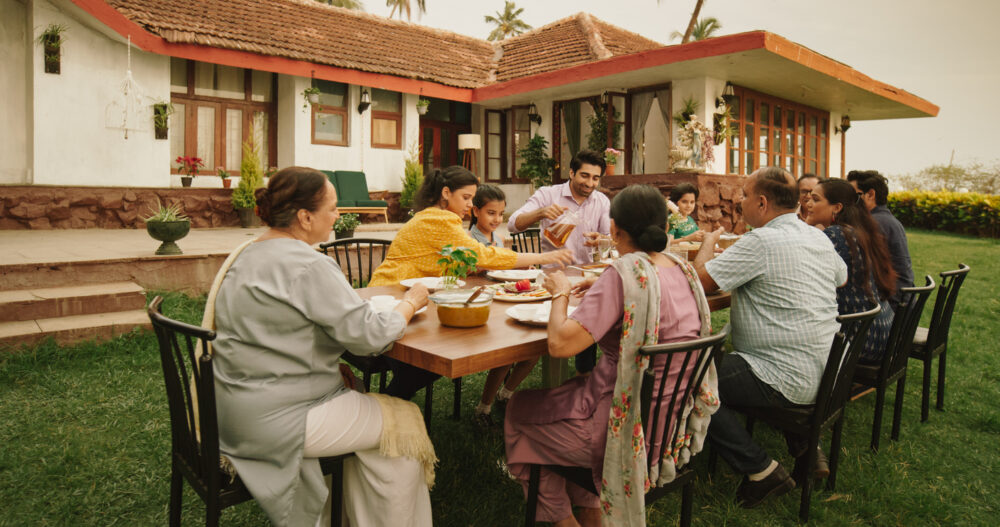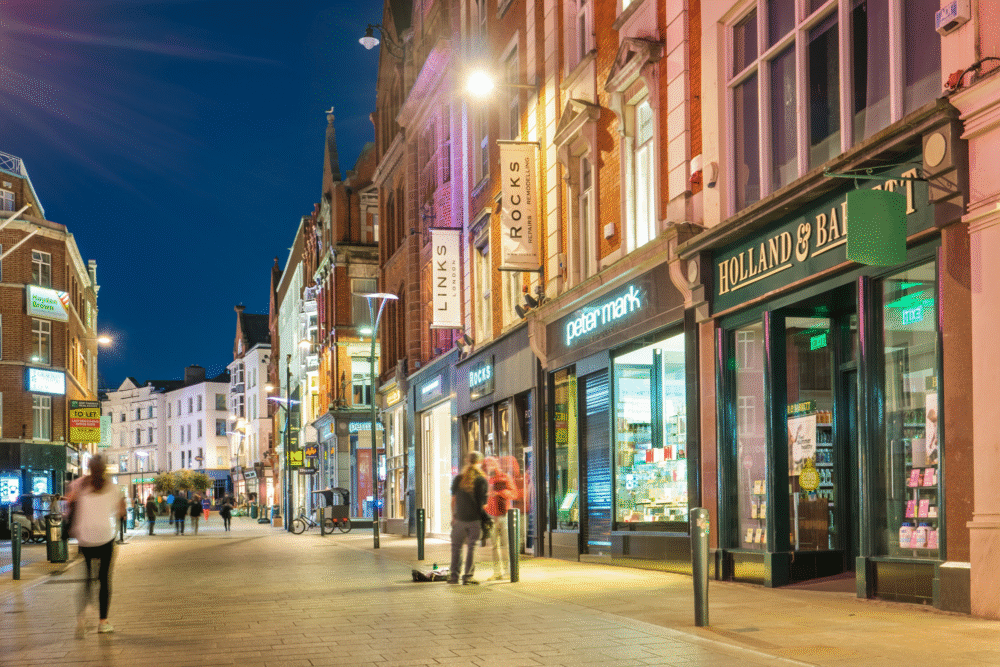City burnout is real, and the suburbs are suddenly cool again.

The skyline views lost their charm when rent soared, parking vanished, and every errand turned into a logistical puzzle. Millennials, once the champions of urban living, are ditching downtown dreams in favor of space, sanity, and slightly quieter streets. And no, it’s not a retreat—it’s a recalibration.
These aren’t your parents’ suburbs either. Today’s exodus isn’t about white picket fences—it’s about balance, intention, and a surprising shift in what success and happiness actually look like.
1. More space means fewer daily compromises.

It’s not glamorous to haul laundry down six flights of stairs or store your bike in the living room. Millennials are choosing places where they can breathe, host friends without tripping over furniture, and maybe even grow a tomato plant without violating a lease. Extra square footage doesn’t just mean more stuff—it means a calmer life. You can separate work from rest, carve out a creative nook, and give your dog a yard instead of a schedule.
2. Remote work broke the tether to downtown.

Once the office commute dictated zip code choices, but now laptops and Zoom calls are changing the math. Why cram into a downtown shoebox when your boss only needs you online by 9 a.m.? Millennials are chasing affordable mortgages and home offices with actual doors. The suburbs don’t feel so distant when your morning commute is a hallway. Plus, it’s easier to take a lunchtime walk that doesn’t involve dodging delivery trucks and sirens.
3. Noise fatigue has become a real problem.

Sirens, construction, drunk strangers outside your window—urban noise used to be background music. Now it’s just grating. Millennials are tired of sleep disruptions and sensory overload. Suburban neighborhoods bring a kind of auditory peace that hits different in your 30s. Waking up to birds instead of garbage trucks? That’s become a lifestyle goal. Silence isn’t boring—it’s restorative.
4. Affordability isn’t just about rent anymore.

Sure, a city apartment might cost a fortune, but urban living drains money in sneaky ways—delivery fees, parking tickets, $6 iced coffees because the local café is your living room. Suburbs let millennials stretch their budgets beyond just square footage. Groceries are cheaper, car insurance drops, and you might even skip that pricey gym because you’ve got a driveway and a bike trail.
5. Safety and sanity matter more with kids—or the idea of them.

Once you start thinking about stroller-friendly sidewalks and late-night pharmacy runs, city living feels less magical. Millennials aren’t necessarily having kids in droves, but those who are—or plan to—want something that feels more manageable. Fewer sirens, more parks, and neighbors who make eye contact. It’s not nostalgia—it’s about creating a version of stability that feels personally curated.
6. Local culture isn’t just an urban monopoly anymore.

Millennials used to fear suburbia meant isolation, chain restaurants, and silence. But towns are evolving. Craft breweries, yoga studios, independent bookstores, and eclectic food trucks are staking claims outside city limits. The vibe is still strong—just with better parking and shorter lines. And that sense of local pride? It’s easier to spot when you’re not one of millions.
7. Relationships are easier to prioritize outside the chaos.

It’s hard to nurture a relationship when your partner is always stressed about rent or subway delays. The suburbs aren’t just about real estate—they’re about emotional bandwidth. Millennials moving out of the city often report stronger connections with their partners, friends, and neighbors. There’s room to have people over, host a dinner, and actually hear each other speak without competing with club music through a wall.
8. Wellness routines don’t feel like uphill battles.

City life can sabotage your best intentions. Gym memberships get skipped, groceries spoil during transit, and nature is often a weekend affair. In the suburbs, you can jog without dodging scooters, cook meals with ease, and set routines that actually stick. Wellness becomes part of daily life—not another box to check between subway stops.
9. Mental health improves when life slows down.

Millennials are more open than ever about burnout, anxiety, and overstimulation. Urban life, while exhilarating, can wear you down. The suburbs offer simplicity without isolation—a place where routines can thrive, and your nervous system can exhale. Quiet doesn’t equal giving up—it might just be a smarter kind of thriving.
